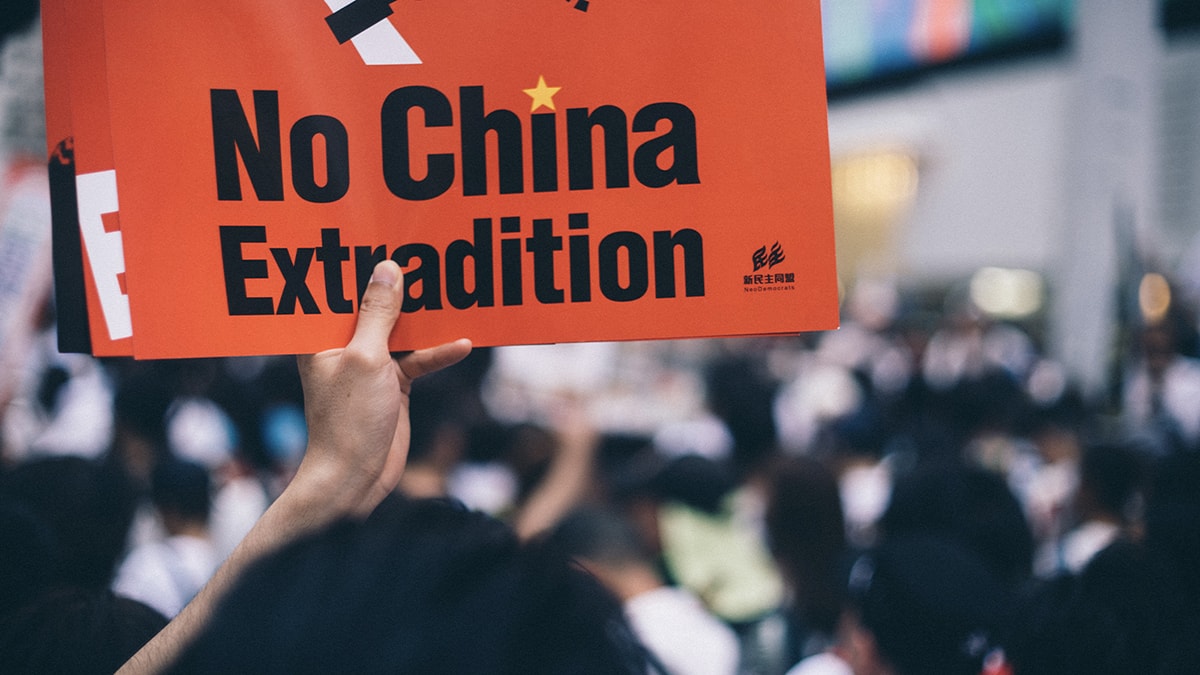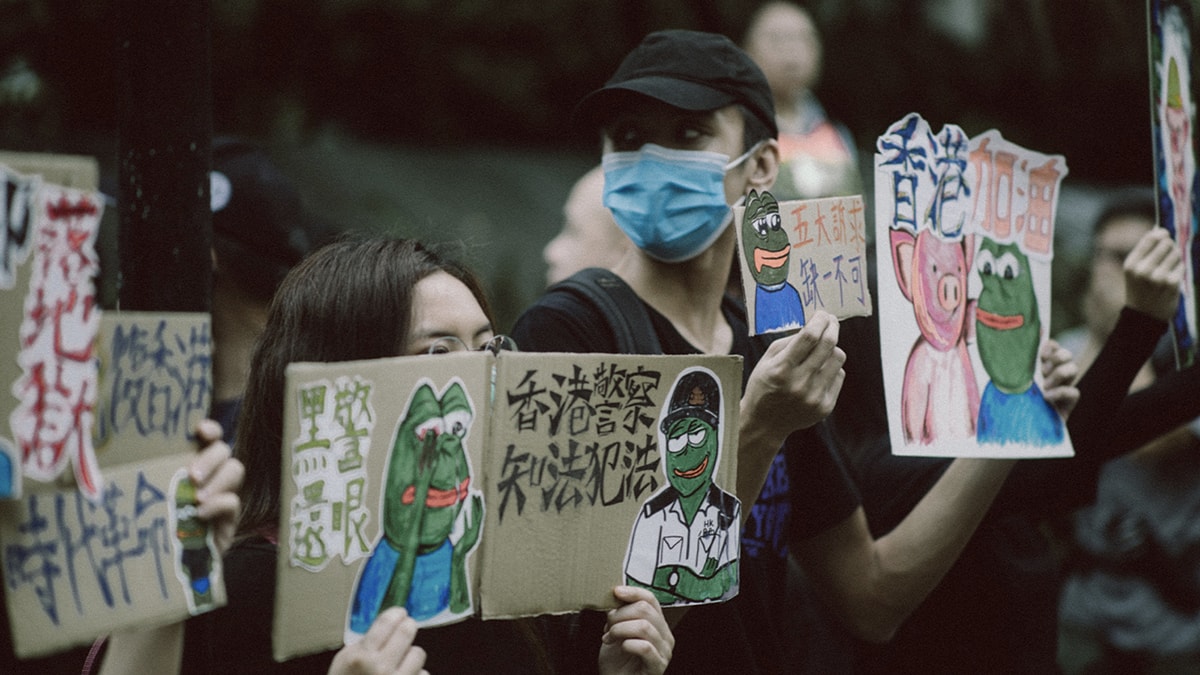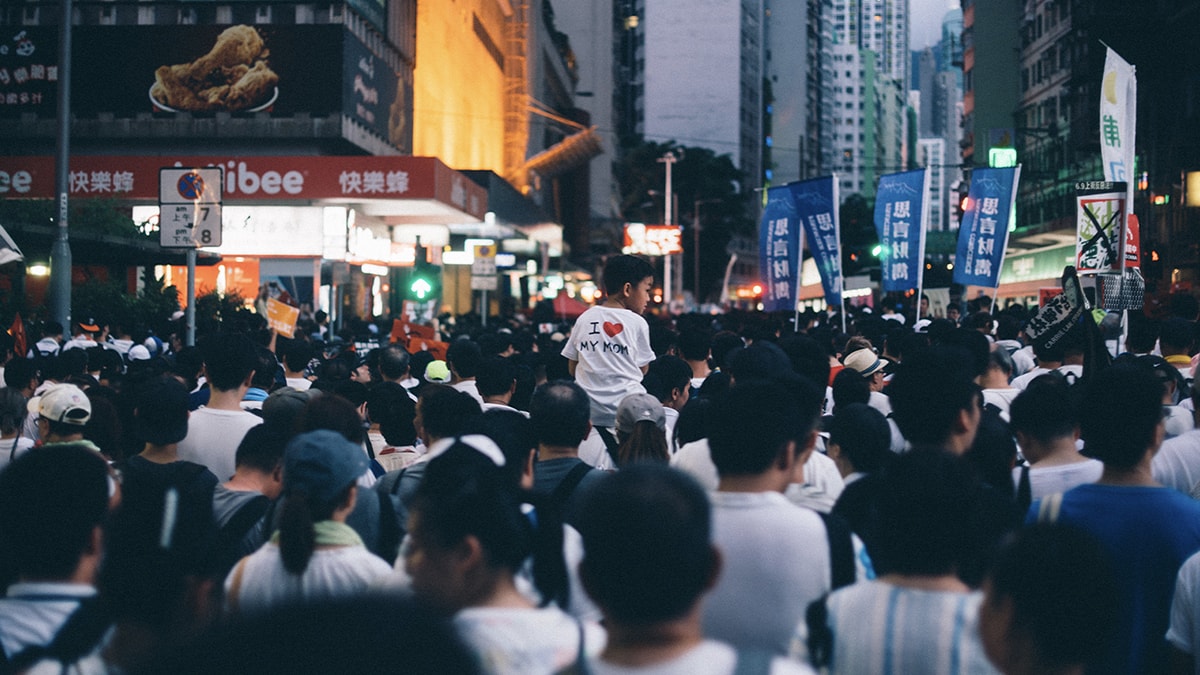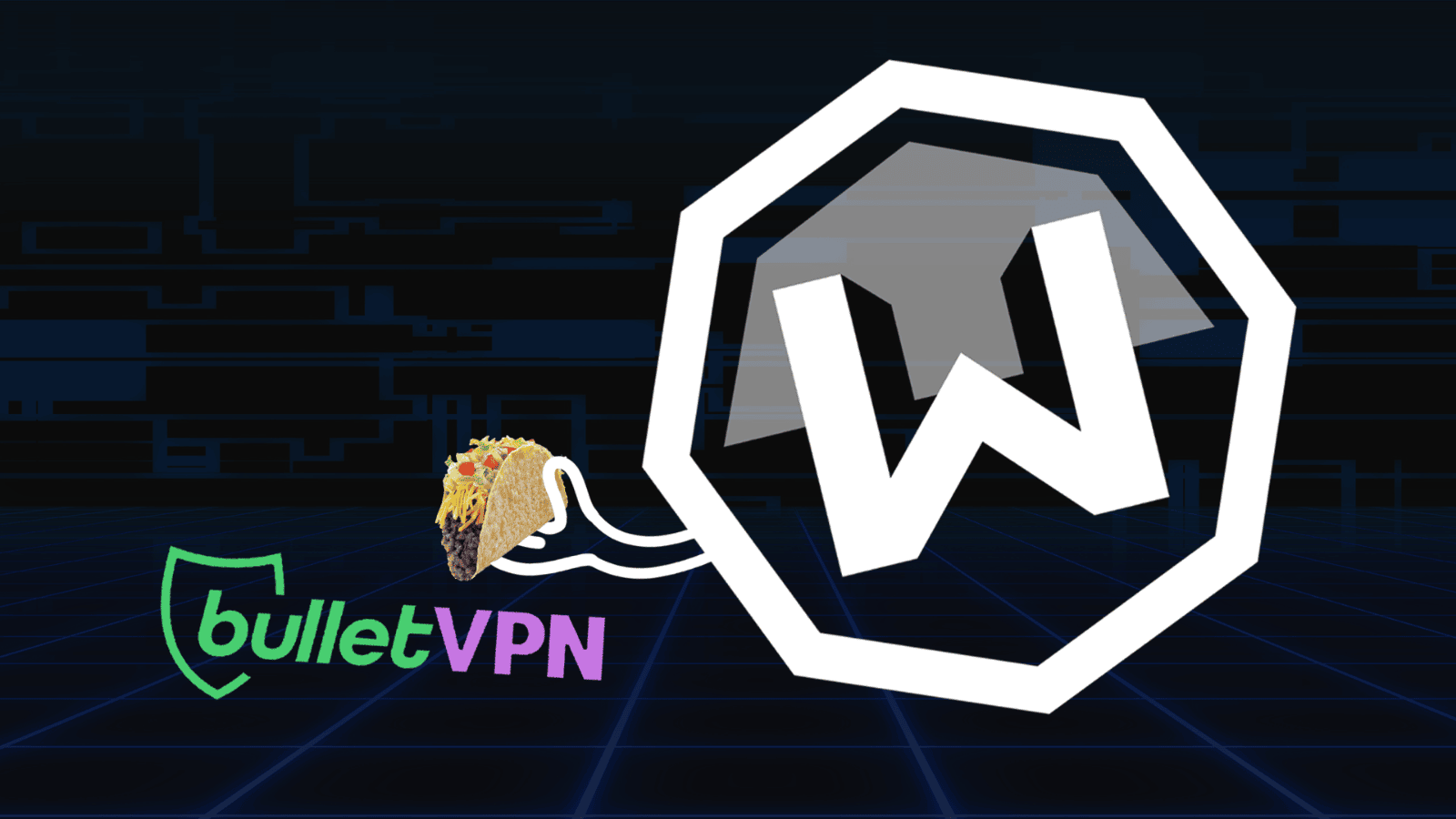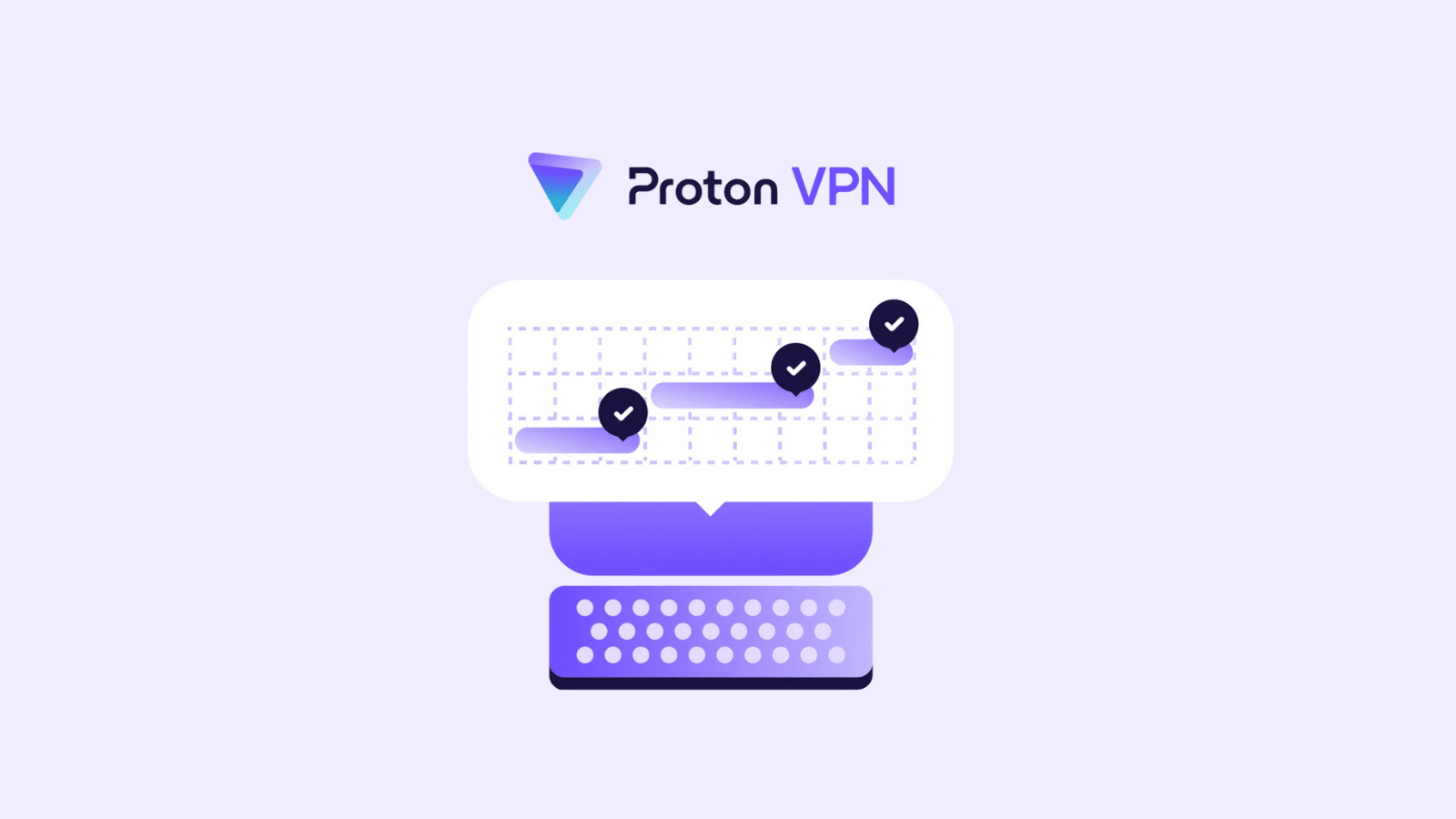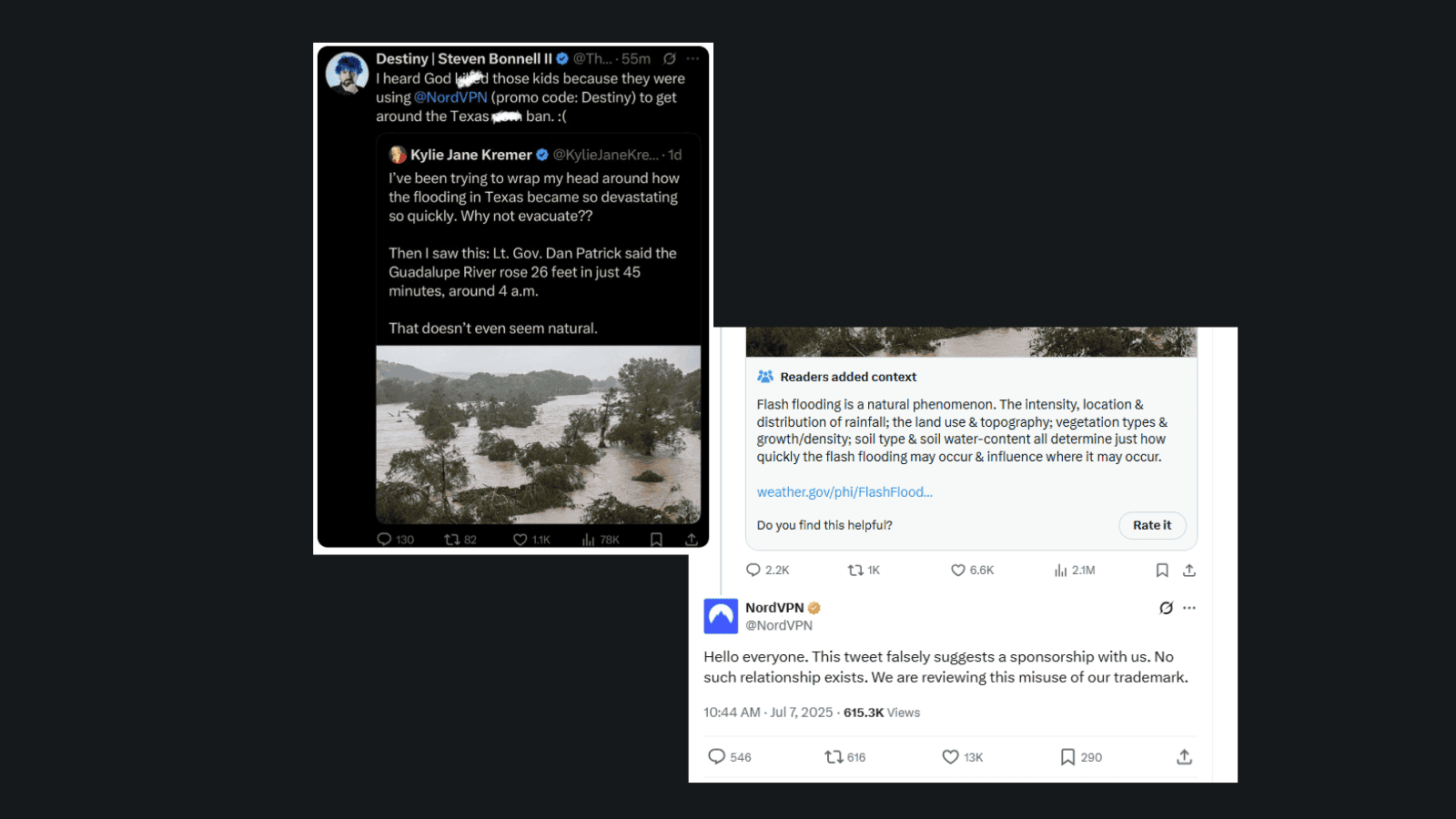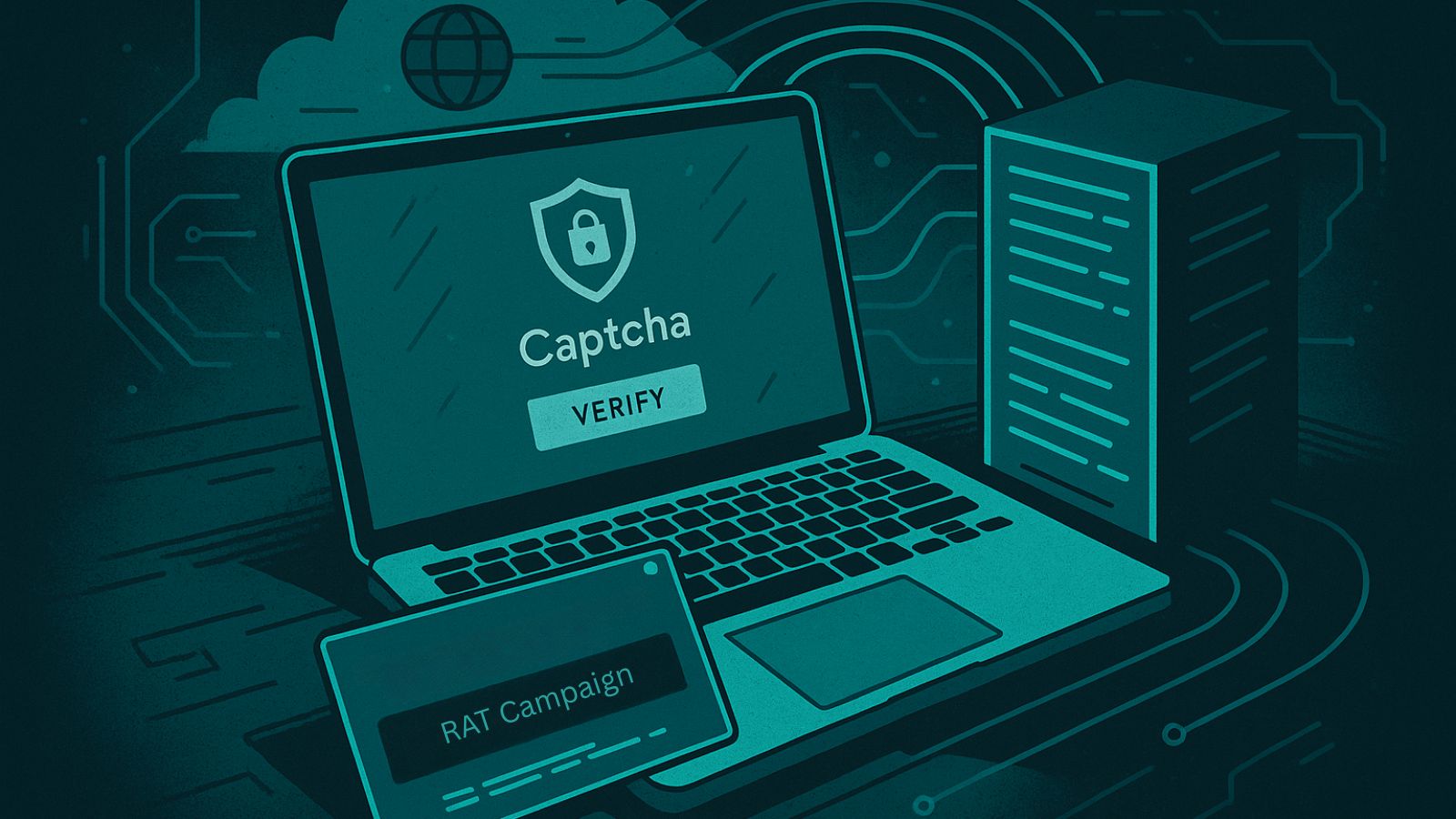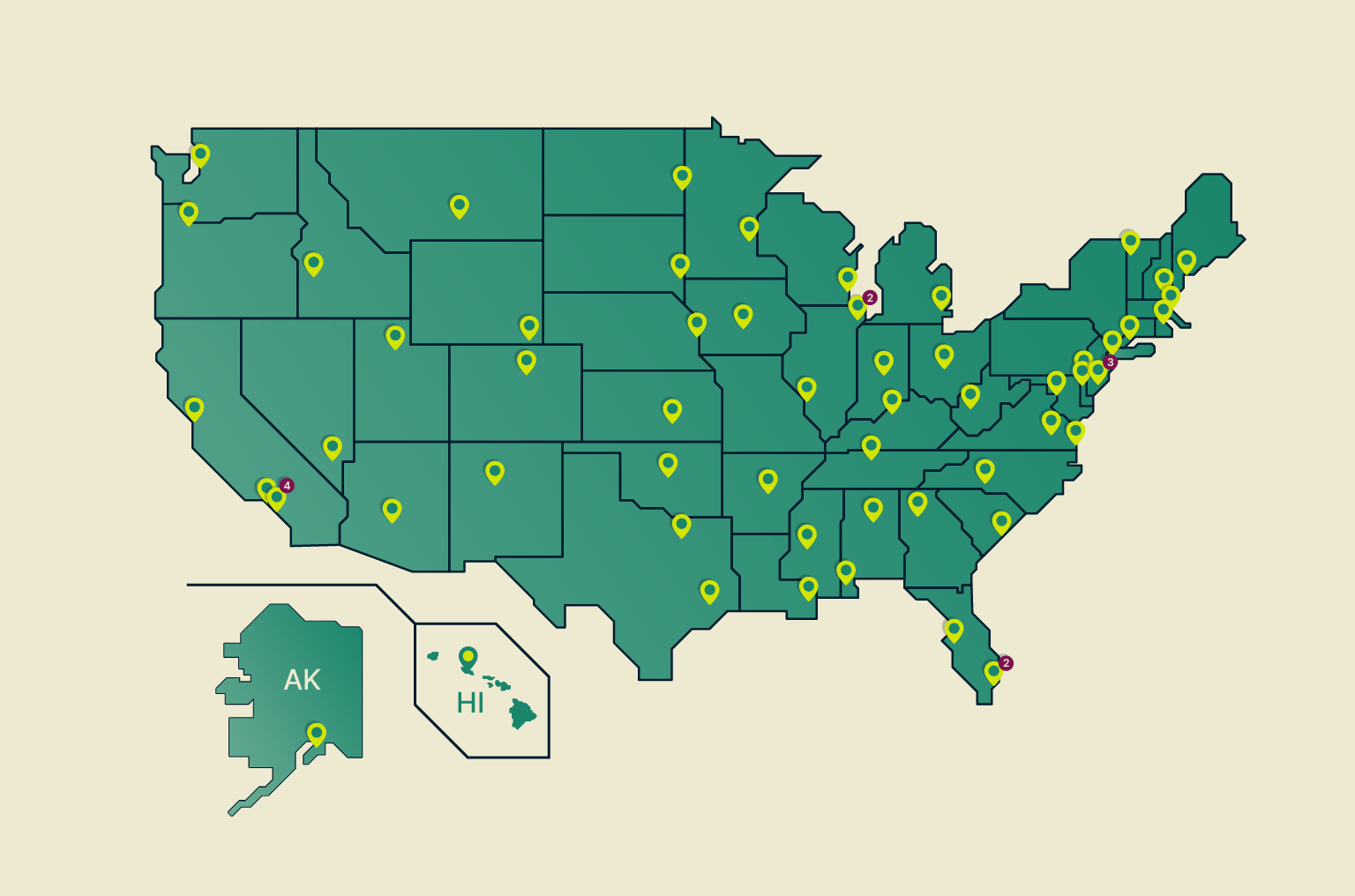
When you purchase through links on our site, we may earn an affiliate commission. Here’s how it works.
Hong Kong’s New National Security Law Explained – The Internet Is Changing Drastically in Hong Kong, So Should You Still Use a VPN?
During the entire last year, citizens of Hong Kong have been fighting for their freedom. We've seen massive protests trying to block anti-democratic legislation, coming straight from Beijing. What started as an enormous gathering of individuals opposing a bill that would have allowed extradition between Hong Kong to China quickly morphed into a wide-scale movement. However, even millions of Hong Kong citizens taking their fight to the streets wasn't enough to stop China from reaching its goals.
Last week, China unveiled a new law directly affecting Hong Kong, going against everything that citizens of this "independent" territory have been fighting for. It took only a few hours for this law to be approved by Hong Kong – giving up on a considerable portion of its independence.
What does this "National Security Law" mean for those living in Hong Kong or visiting this territory? Are any Internet-related restrictions going to be imposed and when? And most importantly, should Hong Kong citizens continue to use VPNs to preserve and protect their privacy?
TechNadu's team has been following the situation in Hong Kong very carefully, and we'll do our best to provide helpful and objective answers to all your questions. So, let's take a very deep look at the newly implemented National Security Law and its effect on Hong Kong.
What Should You Know About Hong Kong's New Security Law? How It Came to Be
On June 30th, China presented a new set of laws explaining that they're needed to help the country maintain its stability. It took unusually little time for the proposal to be approved in Beijing, signaling the Communist Party leader's determination, Xi Jinping. In what was a highly surprising turn of events, the government of Hong Kong issued the text of the legislation at 11 PM that same day, passing the new legislation immediately.
This incredibly rushed adoption of a brand-new law isn't something that Hong Kong would do in the past. This time, the public was prevented from seeing the full text of the legislation, which became available only after the law went into effect.
Allow us to remind you that this happened on June 30th. The new law came into effect in the best possible time for China, as July 1st was the anniversary of the transfer of sovereignty over Hong Kong. More precisely, the United Kingdom officially ended its control over the colony of Hong Kong on July 1st, 1997, which is when this territory got under Chinese control. During the last 23 years, Hong Kong remained a special administrative region, enjoying independent governing and economic systems.
What Does China's National Security Law for Hong Kong Say?
The main goal of the newly-implemented National Security Law is to protect China from "separatism, subversion, terrorism, and collusion with foreign countries." On the outside, this looks like China's attempt to preserve its stability and national security, which is what any other country would do.
However, the problem is that this new law comes with ambiguously worded offenses, many of which are perfectly aligned with what used to happen in Hong Kong throughout 2019. What's even more worrying is that some of these offenses carry maximum penalties of life imprisonment. Besides, this new law introduces new governing bodies that operate in total secrecy, while being shielded from legal challenges. So, let's take a closer look.
Ambiguously Worded (Defined) Crimes & Offenses
The core part of the National Security Law is related to criminalizing secession, subversion, terrorism, and collusion with foreign forces. However, the law is vague enough to leave plenty of space of interpretation. More precisely, many of the actions used by Hong Kong protesters are now criminal offenses. For example, vandalizing public transport, a tactic used by demonstrators last year, is now considered an act of terrorism.
Any type of "hate" against the governments in Beijing or Hong Kong now counts as collusion. As you can see, the new law goes directly against what used to be considered protected speech. Therefore, holding up a sign criticizing the government or posting messages on social media can quickly get residents and non-residents of Hong Kong into trouble.
Chinese Governing Bodies Entering Hong Kong
The National Security Office, operating under the Chinese National Security Services, has already arrived in Hong Kong. This government agency has moved in a Hong Kong hotel near the city's central park, which used to be a venue for pro-democracy protests.
This agency is immune from local laws, and its primary goal is to oversee the Hong Kong government's enforcement of the recently introduced legislation. Also, the role of this agency is to "strengthen the management of foreign non-governmental organizations and media."
Considering that numerous foreign websites are blocked in China, we can only assume that the same will happen in Hong Kong, which used to be a place for news outlets and human rights organizations to operate freely.
Reducing the Power of Independent Hong Kong Courts
Last year's Hong Kong protests were initially a response to China asking for extradition rights. And now, the National Security Law has finally allowed China to take some cases from Hong Kong courts. We're talking about "national security cases" that involve foreign interference, as well as other "serious circumstances."
Even though the word "extradition" was never mentioned, it's clear that China has taken control of Hong Kong's courts. This means that suspects could be trialed in mainland China, where conviction rates are as high as 99%.
Close-to-Unlimited Police Powers
A new police department will be in charge of overseeing national security cases. As such, this department won't be restricted by Hong Kong's laws. We're talking about preventing residents from traveling overseas, demanding service providers to hand over personal data, and requiring just about any political organization to hand over any type of information.
Hong Kong's national security police can also search homes and electronic devices without a warrant, as well as to conduct covert surveillance and intercept communications.
Trials Hidden from the Public & Without a Jury
In cases that involve "national secrets" or "foreign factors," trials can be done without a jury. The press and the public can also be barred from observing cases that involve "state secrets." It means that only a panel of three judges will be present.
In mainland China, closed-door trials are often used when processing cases of political dissidents. By knowing that they can be trialed behind closed doors, Hong Kong demonstrators will undoubtedly think twice about their freedom-fighting activities.
Affecting Both Residents & Non-Residents of Hong Kong
The National Security Law applies to both residents and non-residents of Hong Kong. It even applies to crimes committed by permanent Hong Kong residents outside of the city. The new legislation is broad enough to include anyone violating the law, regardless of their nationality.
How Will the National Security Law Affect Internet Users in Hong Kong?
The chances are that the Internet will become a completely different experience for Hong Kong's citizens. Some of these changes are already happening. As pointed by The Guardian, the Great Firewall of China is descending upon Hong Kong right now. So, let's take a closer look at what that means.
Will China Expand the Great Firewall to Hong Kong?
A few days ago, a 116-page document surfaced online, outlining how the Chinese government plans to control the Internet in Hong Kong. The paper explains how police can order social media platforms, publishers, and Internet service providers to remove any type of content threatening China's national security.
Besides, entire platforms can be blocked without any judicial oversight or approval. It practically means that the Great Firewall of China has already been expanded to Hong Kong, with a long list of websites soon to be blocked.
Let's not forget to mention that any company that declines to obey these orders will face fines of up to HK$100,000 ($12,900), while employees of those companies can face jail terms of up to six months.
Can China Obtain Private Data of Internet Users in Hong Kong?
Yes, China has already prepared and implemented a set of laws that allow unauthorized data collection. Under the excuse of protecting the country's national security, any Hong Kong resident and non-resident can be investigated in secrecy.
As already noted, China can now request private information about any Internet user in Hong Kong. Internet service providers can be ordered to track a specific individual and forced to reveal authors or "problematic" posts by inspecting IP addresses. Besides, individual privately-owned companies can also be ordered to hand over personally identifiable data.
Are Tech Companies Obliged to Hand Over Personal Data?
Any data processing company with an office in Hong Kong is affected by the new law. It means that we're talking about companies such as Microsoft, Google, Facebook, Twitter, and plenty more. All of those companies collect plenty of personal information, allowing the Chinese government to go deep in any individual's past.
It should also be noted that many of those companies use data processing systems outside of Hong Kong, so we'll need to see how the Chinese government decides to handle that aspect. As said earlier, the National Security Law is incredibly broad, and we're sure that China won't hesitate to go outside of its borders seeking private data.
Are Tech Companies Already Handing Over Personal Data?
The good news is that tech companies have made their stance public during the last few days. Almost all tech giants present in Hong Kong have said that they will not process data requests made by the Hong Kong authorities – before they inspect their new legal obligations.
- Microsoft is currently offering a range of products and services in both mainland China and Hong Kong, such as Office 365 and LinkedIn. However, Office 365 isn't actually operated by Microsoft – but instead by 21Vianet. LinkedIn operates from the USA, which makes it harder for China to make any requests. The company said that it's not processing user data requests until its review of the new law is done.
- Zoom, the world's most popular video-conferencing app, also has plenty of ties to China, which is where most of its product development workers are based. In the past, Zoom suspended accounts of a group of US-based activists commemorating the Tiananmen Square crackdown. And also, it routed non-China based users' calls via servers based in China. However, the company said that it'd paused any data requests from Hong Kong.
- Facebook, Google, and Twitter have stated that they are joining other tech giants in their decision to refuse to co-operate with data requests. These companies are also reviewing the new law and have promised to assess this situation from a perspective of human rights issues.
- Telegram, one of the most popular tools of Hong Kong demonstrators, was one of the most vocal opponents of the National Security Law. The company was among the first ones to refuse data requests from Hong Kong (temporarily).
- We also have Apple, which has been strangely quiet so far. Even though the company uses end-to-end encryption to protect messages and FaceTime calls, it collects private information in other ways. In the past, Apple provided data in 91% of the cases initialized by Hong Kong's government. And also, it has a long history of respecting China's wishes.
- And finally, we have TikTok – which is currently facing a big crisis in India. Surprisingly enough, the company behind TikTok (ByteDance, based in Beijing) has announced that the app is stopping operations in Hong Kong. Therefore, it will become the first major social media platform to exit this market officially.
How Can Internet Users in Hong Kong Make Sure Their Privacy Stays Intact?
The big question is – how should you behave if you're accessing the Web from Hong Kong? Should you use an encryption tool to hide your Web data? And most importantly, what are the most effective digital tools that can help you regain your privacy?
We have to say that all of the questions above are highly sensitive. However, we predict that China will expand its Great Firewall to Hong Kong, rather sooner than later. So, you should already take some precautionary steps to make sure that your private information is safe and sound.
Should Internet Users in Hong Kong Rely on a VPN?
The truth is that a VPN is your best bet right now if you're accessing the Web from Hong Kong. And it looks like Hong Kong citizens are already aware of this, as there's currently a massive spike in downloads of VPN services. In fact, VPNs were one of Hong Kong demonstrators' favorite tools, used to hide their communication and unblock digital services.
Keep in mind that VPNs are designed to hide your Web traffic from anyone else online – and this includes your Internet service provider. So, even though your ISP will see that you're using a VPN, it won't know what you're doing online.
We'd also like to add that using a VPN in Hong Kong is allowed and legal, at least for the moment. In all honesty, using VPNs in China is also a possibility, even though the country is trying hard to suppress this type of software. Therefore, using VPNs in Hong Kong should remain a viable option for a long time to come.
Can China Force VPN Services to Hand Over Personal Data?
In theory, yes. VPN services are data processors, just like the majority of tech companies like Apple, Google, Facebook, and more. However, if a company doesn't collect personal data, it won't be able to hand over any personal data. This is precisely where no-logs VPN services come into play.
No-logs VPNs are designed from the ground up to eliminate data logging. Besides, these are often tested by independent cyber-security companies to prove their claims further. Make sure to learn more about the best no-logs VPNs.
Can China Block VPN Services from Operating in Hong Kong?
Yes, China can block VPN services – and this has already happened in mainland China. That's because VPNs need to use highly advanced technologies to go over the Great Firewall. As you can imagine, not many of those come with this ability. However, the good news is that there's a range of VPNs that work in China.
If the same thing happens in Hong Kong, you can expect certain VPN services to stop working. This is why we recommend taking your time to find a genuinely trustworthy VPN that will work even if the Great Firewall expands to Hong Kong.
Can China Use Fake VPN Services to Intercept Your Data?
In theory, China can trick Internet users in Hong Kong into giving their personal data without knowing what's happening in the background. As described in this interesting Reddit post, this is done by injecting a fake VPN server between you and the real one.
This procedure is done by forcing you to install a certificate once you try to use a VPN server. Therefore, do not accept any certificates and make sure to refuse certificate errors, as trustworthy VPNs will never prompt such messages. Once again, we recommend using only a long-standing VPN with a history of being loyal to its users.
How Do VPN Services Work? What to Realistically Expect?
VPN services work by taking your Web traffic and using their servers to encrypt it. This means that any outgoing or incoming data will be encrypted and invisible to anyone else online. Even if someone manages to collect that data, it won't be of any use.
Considering that you'll be adding another stop to your Web data, it will travel more than usual, so you can expect some throttling - which is a common downside of using a VPN. For this purpose, you'll want to check the fastest VPNs right now.
To learn more about this technology, we offer you our guides on what VPNs are, how do VPNs work, and which VPN protocols you should use.
What Are the Limitations of VPN Services?
Remember that even If you decide to use a VPN, you can still directly provide your personal data to third parties. For example, if you're logged in to your Google account while using Chrome, your Web browsing history is collected by Google. Or, if you post something to your Facebook profile, that post is tied to your username.
So, to make the most out of a VPN service, it's recommended to use your Web browser anonymously. Make sure that you're logged out of any online service, and try to switch to anonymous alternatives to popular Web browsers and email clients.
If you'd like to learn more about VPN services' limitations, we have a comprehensive guide on what a VPN does not do. Make sure to keep these common misconceptions in mind when searching for a VPN aligned with your needs.
What's the Best VPN for Hong Kong Right Now?
Based on our in-depth research, we firmly believe that the best VPNs for Hong Kong are ExpressVPN, NordVPN, and CyberGhost VPN. All three of those are long-stand VPNs with a proven track record of protecting their users.
To learn more and review some additional options, we highly recommend checking our overview of the best VPN services for Hong Kong.
Is There Anything Else to Know About VPN Services? Where to Turn for Additional Resources?
Our editorial team has been very busy covering VPN-related topics for the last couple of years. With this said, you can turn to TechNadu to learn all there's to know about VPN services.
And also, we made sure to test dozens of VPNs hands-on. So, we'd like to recommend the following resources:
- The Best VPN Services Overall
- The Best VPNs Offering Free Trials
- How to Find a VPN Aligned With All Your Needs
- How to Fix Common VPN Error Codes?
- Learn to Bypass VPN Blocks
- Everything to Know About a VPN Kill-Switch
- The Complete Guide to VPN Leaks
- What to Know About VPN Obfuscation
That would be all we've prepared for our readers coming from Hong Kong. Stay careful when using the Internet and make sure to protect your privacy.
And of course, stay tuned to TechNadu, as you can be sure that we'll keep following the latest developments affecting those of you connecting to the Web from Hong Kong.


